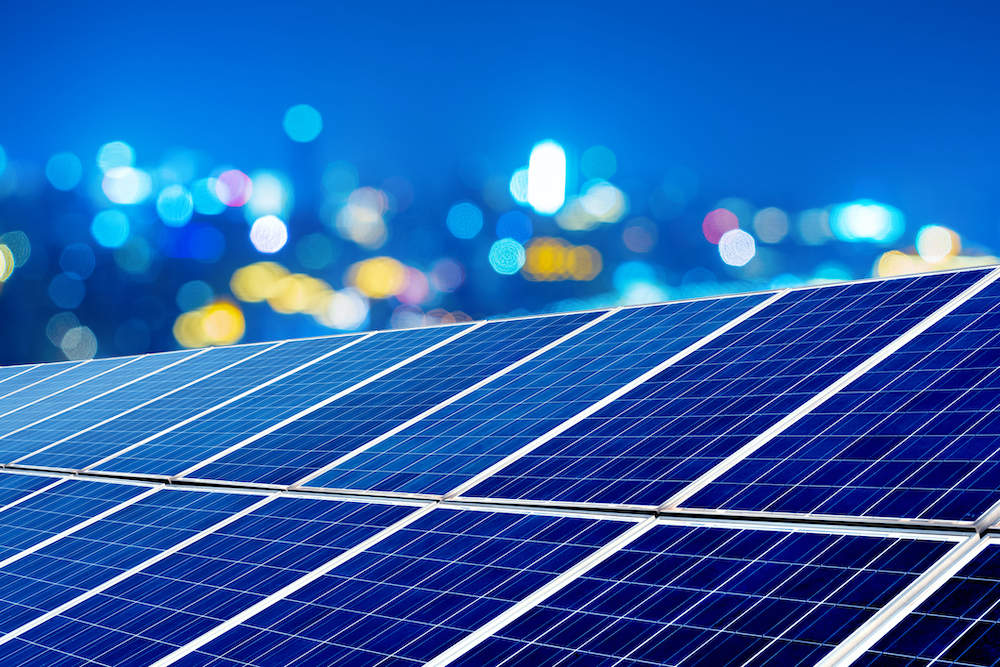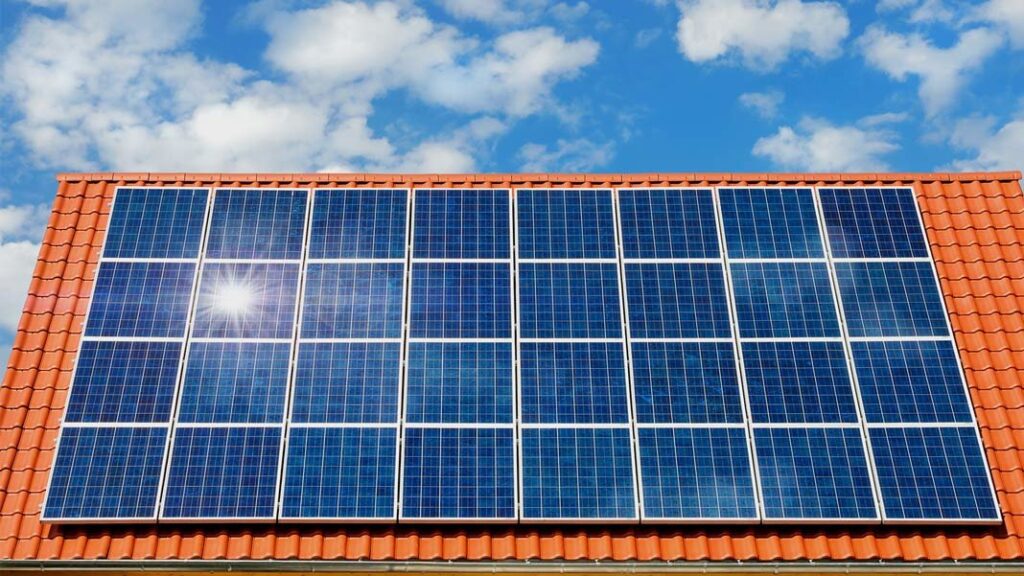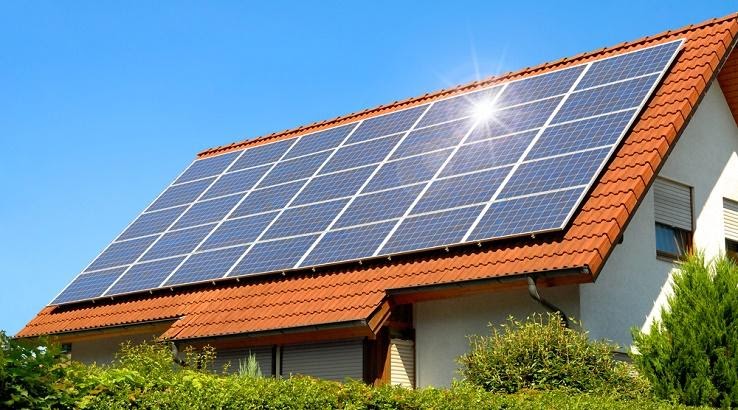Introduction
A very obvious question about solar panels and renewable energy are listed above. Those who solely rely on solar cells and batteries, stay off-road, hike in the forests and mountains. But, in the winter, they often accompany themselves with more than just solar cells because it is crucial. Especially, imagine places where the sun doesn’t shine.
By the physics of these devices, solar panels need constant sunlight to generate electricity. So, summers are best for them, and a winter, where the sun doesn’t go down, is equally good. Because in most parts of the world winter arrives as the earth tilts away from the face of the sunlight, solar panels are not able to generate enough electricity. Yes, they are designed to function in every season and all weather conditions, but not without sunlight. And, cold weather means clouds, less sun, and longer nights. But, this is not the case entirely because there is a misconception regarding this device.
The Biggest Misconceptions of Solar Cells
Because they face the sun, even a little sunlight is enough to absorb the heat and generate electricity. The batteries won’t get a full charge but they still continue to work. In places where it snows during winter, the snow covers these panels; they will still continue to operate. Because they are often on a slope, the cells or solar arrays tend to shed the snow well, all by themselves. So, the answer to the above glaring question is definitely, yes.

In the US, for instance, winter means shorter daylight and considerable cloud cover because of which the performance might slightly decline. It all is about how much light they receive. The rooftop solar panels work in winter similar to how they work in summer. The misconception around their physics is the difference between ‘Light’ and ‘Heat’. The sensors that function with light are photoreceptors while the ones that absorb heat for functioning are heat receptors.
By harnessing the sun’s energy, the solar cells or PV for photovoltaic cells create DC or direct current. This travels via an inverter and converts it to AC or alternating current which runs your home appliances. Because of these conversions, the process is not at all direct or single-phase. Of course, the general rule is that solar electricity production will decline in winter due to severe cloud cover, in comparison to summer. But it is not a rule. Because solar cells are PV or photoreceptors, they don’t harness the heat on a sunny day but the sunlight.
During winter, the sunlight is still available through the temperature drops. Thus, a source of light, sunlight is what drives them. So, get your house location on the map and check how many days in a year sun shines bright. From Brisbane to Gold Coast, there are a great number of solar panel experts who can help you with the next steps.
Professional rooftop solar panel installation is key for good performance in any weather. So, look for your nearest supplier or dealer of solar panels gold coast omega solar for a quote today. Weather is good weather for solar cells because renewable energy is pure. Because it saves cost and cuts down utility bills significantly, you should go for this investment. It shall pay well in its lifetime.
What is the effect of covering the solar panel? If you can manage to cover it completely and keep it in dark, these PV cells are useless. While a residential commercial quality solar panel setup has a lifespan of 25 years, you must look for premium-grade products only. These products undergo tests for working all-year-round, and specific for geographic locations. These can withstand extreme temperatures as well. Winters are especially great for the solar arrays because the heat is low and the sunlight is bright.

Yes, snow can cause a problem if you are in a location where the winters are harsh, for example, in the Artics. If the snowfall damages the panels, the performance will decline. Because the trivial weather and snow should not disrupt the electricity, look for premium-quality products and professionals. The solar panels of good quality can withstand even hailstorms, rain, and dust. These are resistant to corrosion, impact, and extreme shifts in the weather. Many PV cells can fast charge with only a little sunlight. So, don’t worry about these things and invest in a good residential rooftop installation.
Because we went through a lot above, we would like to reiterate that the answer to your question is ‘Yes’. Solar panels can and do generate energy during winter. Depending on conditions, the performance shall vary. But, the cold or snow isn’t something that affects its operation. It is light.
To summarize,
- Solar panels generate energy in all weather.
- They work better in winter at low temperatures.
- It’s sunlight or lights that matters and not the surrounding temperature.
Conclusion
In Australia, there are more than 11.5 million solar panel installations as of 2020. Cold days with the bright sun are a boon to households because it can produce more electricity than on a hot summer. It all depends on daylight hours. For example, look at Queensland where they have proved quite successful operating in the winter by absorbing mostly UV light. Despite the temperatures dropping around winter and the sun at the lower end of the sky, they are more efficient than a hot day.






